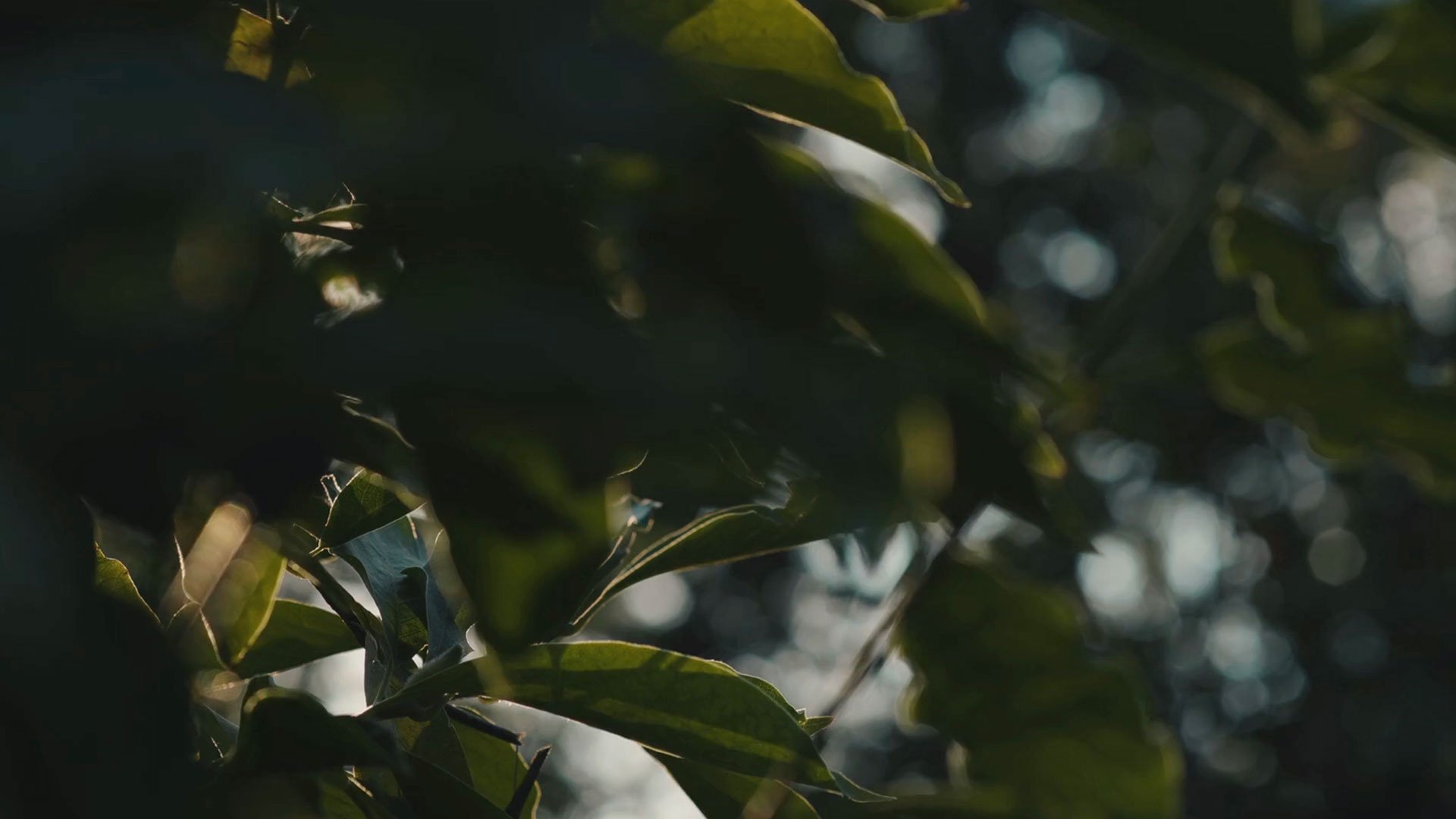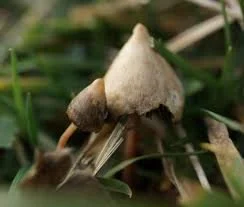
UP-TO-DATE, RESEARCH BASED INFORMATION ABOUT PSYCHEDELICS.
Psychedelics and chronic pain: self-reported outcomes on changed substance use patterns and health following naturalistic psychedelic use
Perceptions of health outcomes following psychedelic use were broadly positive, and psilocybin was reported to be the most effective substance for both physical and mental health symptoms.
Tricycle Day interview with Imperial College researcher Tommaso Barba
We asked Tommaso why he’s so excited about short-acting psychedelics (5-MeO-DMT), how his research into psychedelics and sexual function took off, and what open questions he’d most like to study next.
MDMA for active-duty troops: Aaron Wolfgang on DoD’s unprecedented study
A first-ever clinical trial of MDMA-assisted therapy for active-duty service members with PTSD.
Setting the stage for the inner journey: Unraveling the interplay of contextual factors and the intensity of psychedelic-induced ego dissolution
This revealed that participants consuming psychedelics for spiritual or self-healing purposes reported more intense, while those motivated by curiosity reported less intense ego dissolution experiences.
On minimizing risk and harm in the use of psychedelics
The authors outline important gaps in our knowledge around the safety and risk profile of psychedelic medicines and identify practical steps forward for researchers and clinical practitioners to make this promising field safer.
A qualitative analysis of the psychedelic mushroom come-up and come-down
The come-up is more often characterized by negatively valenced feeling states that resemble an acute stress reaction, while the come-down phase is more often characterized by positively valenced feeling states of the sort often observed following recovery from illness or resolution of stress.
Psilocybin-assisted psychotherapy for methamphetamine use disorder: A pilot open-label safety and feasibility study
Psilocybin assisted psychotherapy for methamphetamine use disorder was feasible to implement in an outpatient setting, did not appear to generate safety concerns, and demonstrated signals of effectiveness warranting further investigation.
Psychedelic research recap January 2025
We only added 11 (January) studies to the database. More studies than ever are reviews, commentaries, and perspectives. Though they can provide a great introduction for a specific audience.
From relaxed beliefs under psychedelics (REBUS) to revised beliefs after psychedelics (REBAS)
Confidence in negative self-beliefs decreased following 25 mg psilocybin. Entropy and subjective effects under 25 mg psilocybin correlated with decreases in negative self-belief confidence (acutely and at 4-weeks). Particularly strong evidence was seen for a relationship between decreases in negative self-belief confidence and increases in well-being.
Preliminary synthetic 5-MeO-DMT phase 2 results
The hallucinogenic compound 5-MeO-DMT comes from the secretions of Bufo alvarius, also known as the Sonoran Desert toad. This week, two companies developing synthetic forms of the substance as medical treatments announced preliminary results.
Oregon’s emerging psilocybin services workforce: A survey of the first legal psilocybin facilitators and their training programs
This study describes Oregon’s early psilocybin facilitator workforce and assesses state-approved training programs.
Psychedelic futures and altered states in the religions of the ancient Mediterranean
The origins of the ancient Greek Eleusinian Mysteries are lost to time. We know that from the classical period onward, on a specified day in the third month of the Attic calendar (roughly September or October), initiates would walk the fourteen miles from Athens to the town of Eleusis along the “Sacred Road” to celebrate the Greater Mysteries.
MindMed announces first patient dosed in Panorama, the second pivotal phase 3 study of MM120 in generalized anxiety disorder
Panorama is the second Phase 3 trial of lysergide D-tartrate (LSD) with the primary endpoint measuring the change from baseline in the Hamilton Anxiety Rating Scale (HAM-A) score at week 12 for MM120 Orally Disintegrating Tablet (ODT) 100 µg vs placebo.
An overview of currently active psychedelic research trials
This overview seeks to map out drug discovery & development activity in psychedelics. Candidates currently undergoing clinical trials are presented first, while those that are at the discovery or preclinical stage are catalogued in the latter half of this page.
FDA OKs esketamine nasal spray monotherapy for resistant depression
The US FDA has approved a supplemental new drug application allowing esketamine nasal spray to be used as a standalone treatment in adults with major depressive disorder who have not responded adequately to at least two oral antidepressants.
American Journal of Bioethics, January edition
The January edition of the American Journal of Bioethics focuses just on psychedelics. There are a couple of editorials and then four 'target articles' with a further twenty six article commentaries.
Psilocybin-assisted group psychotherapy + mindfulness based stress reduction (MBSR) for frontline healthcare provider COVID-19 related depression and burnout: A randomized clinical trial
Group psilocybin-assisted therapy plus MBSR was associated with clinically significant improvement in depressive symptoms without serious adverse events and with greater reduction in symptoms than MBSR alone.
An examination of internal family systems interventions for trauma with implications for ethical psychedelic-assisted treatment
The body of IFS literature is extensive, enthusiastic, and thought-provoking. Outcome data for applying the model to Post-Traumatic Stress Disorder are limited.
Integration of personal psychedelic experiences into clinical practice: A phenomenological study in mental health professionals
The aim of this study was to explore the psychological and spiritual dimensions of psychedelic integration among mental health professionals, focusing on understanding how transformation and insights influence their clinical work.
Therapeutic potential of psilocybin for treating psychological distress among survivors of adverse childhood experiences: Evidence on acceptability and potential efficacy of psilocybin use
Taken together, these findings suggest that psilocybin therapy may be potentially acceptable and may feasibly help in supporting survivors of adverse childhood experiences with particularly strong benefits to those with more severe childhood adversity.




















